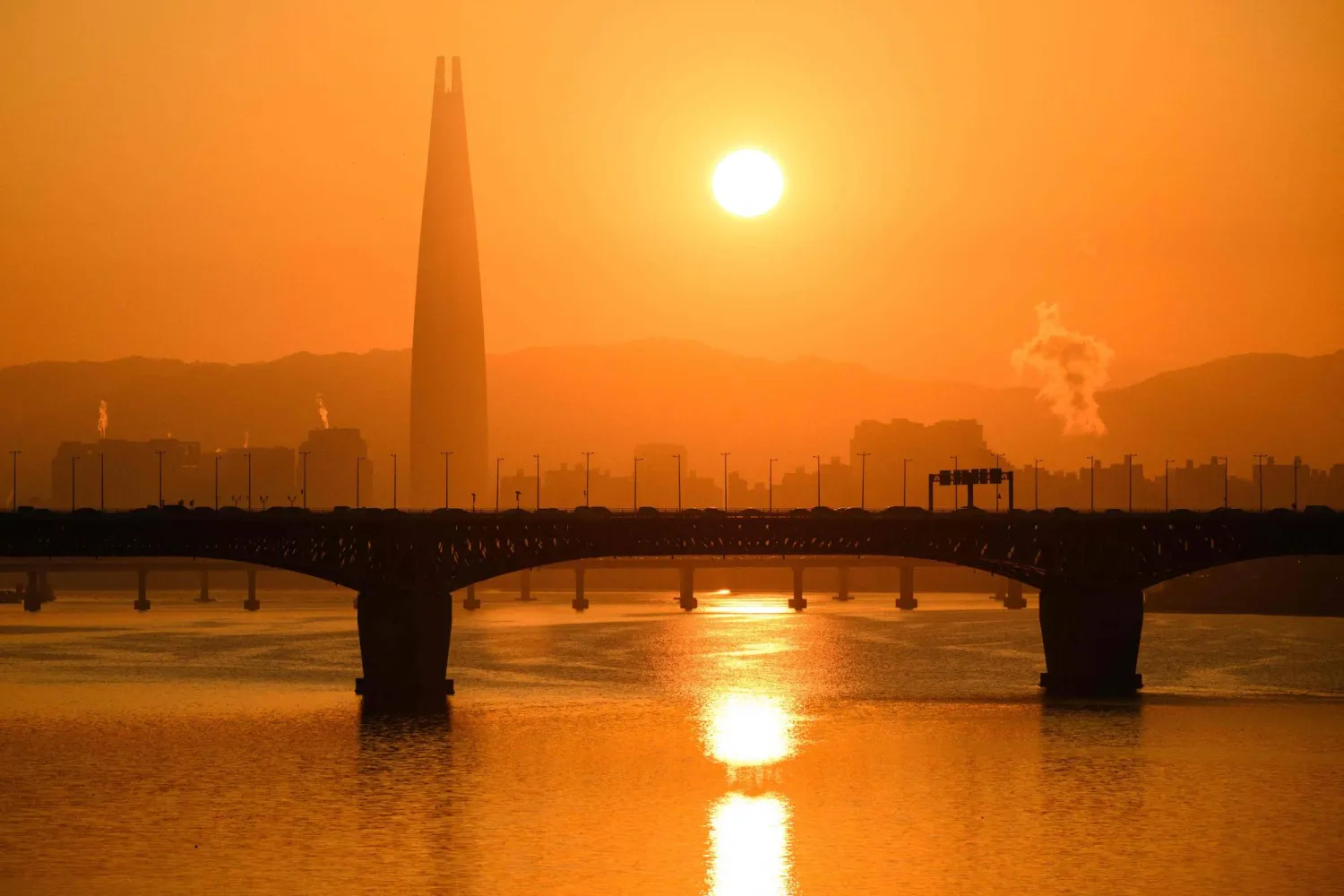North Korea said on Thursday it would deploy stronger armed forces and new weapons on its border with the South, a day after Seoul suspended part of a 2018 military accord between the two Koreas in a protest over Pyongyang's launch of a spy satellite.
North Korea's defense ministry said in a statement carried by the KCNA news agency that it would restore all military measures it had halted under the deal with South Korea, which was designed to de-escalate tension along their shared border.
"From now on, our army will never be bound by the September 19 North-South Military Agreement," the statement said. "We will withdraw the military steps, taken to prevent military tension and conflict in all spheres including ground, sea and air, and deploy more powerful armed forces and new-type military hardware in the region along the Military Demarcation Line."
Tuesday's satellite launch was the North's third attempt this year after two failures and followed a rare trip by North Korean leader Kim Jong Un to Russia, during which President Vladimir Putin vowed to help Pyongyang build satellites, Reuters reported.
South Korean officials said the latest launch most likely involved Russian technical assistance under a growing partnership that has seen Pyongyang supply Russia with millions of artillery shells.
Russia and North Korea have denied arms deals but have promised deeper cooperation, including on satellites.
South Korea on Wednesday suspended part of the inter-Korean deal in response to Pyongyang's launch and said it would immediately step up surveillance along the heavily fortified border with the North.
North Korea accused South Korea of scrapping the deal, known as the Comprehensive Military Agreement (CMA), and said Seoul will be held "wholly accountable in case an irretrievable clash breaks out" between the two Koreas.
NKorea Scraps Military Deal with South, Vows to Deploy New Weapons at Border

A general view shows the Lotte Tower (L) and the sun rising over the Han river in Seoul on November 22, 2023. (Photo by ANTHONY WALLACE / AFP)

NKorea Scraps Military Deal with South, Vows to Deploy New Weapons at Border

A general view shows the Lotte Tower (L) and the sun rising over the Han river in Seoul on November 22, 2023. (Photo by ANTHONY WALLACE / AFP)
لم تشترك بعد
انشئ حساباً خاصاً بك لتحصل على أخبار مخصصة لك ولتتمتع بخاصية حفظ المقالات وتتلقى نشراتنا البريدية المتنوعة







